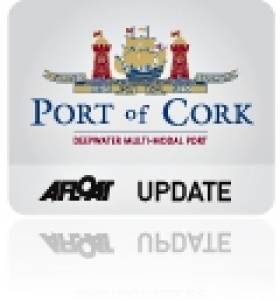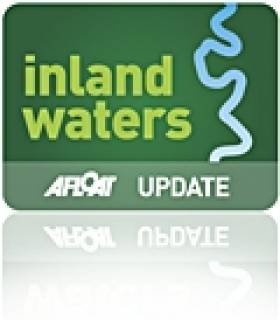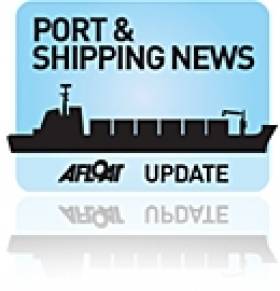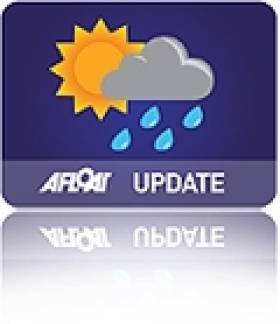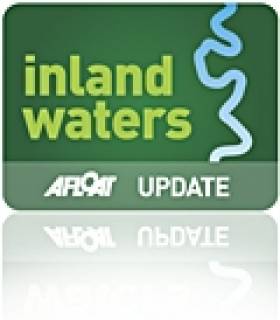Displaying items by tag: National Roads Authority
Ringaskiddy Plan: NRA Has No Start Date for Upgrade
#RingaskiddyPlan - The Irish Examiner writes that objectors to the €100m expansion of the Port of Cork's Ringaskiddy terminal have expressed shock and anger at a revelation that the National Roads Authority does not know when it will upgrade roads to service the development.
NRA officials admitted to a Bord Pleanála oral hearing they had no firm details about a start date to upgrade the Jack Lynch Tunnel/Dunkettle interchange or when a road will be built to Ringaskiddy to replace the existing N28. They may, however, be able to provide clarity on these issues by the year end.
Day five of the hearing was told both projects were dependent on government funding being made available. Under an EU agreement, the State was legally obliged to have them completed by 2030.
For much more on this story, click here.
Bridge Report Could Herald New Corrib Crossing for Galway
#RIVER CORRIB - A consultant’s report on Wolfe Tone Bridge in Galway could clear the way for a new crossing of the River Corrib, according to The Connacht Sentinel.
Galway City Council has confirmed that the €400,000 report will look at the possibility of a new bridge for vehicular traffic downstream of the existing span.
“Given the age of the current structure, we have to look at plans for the construction of a new bridge and the retention of the existing crossing as part of a walkway over the Corrib," said the council's director of services Ciarán Hayes.
“There is no doubt that such a walkway, as part as an overall regeneration plan for the area, would be a most welcome addition to the amenity infrastructure of this historic part of the city."
The €400,000 allocation for the report commission will comes from the National Roads Authority and Department of the Environment budget for regional and local roads in 2012. The report is expected to be carried out later this year.
Salt Shipments Bound for Cork
In total the National Roads Authority (NRA) will have 25,000 tonnes of salt available during the Christmas week, with 3,000 tonnes distributed to authorities on a daily basis. As a priority the salt will be used to grit the national primary network.
The second bout of artic conditions that has gripped the country with temperatures plummeting to -17 degrees in the west and -15 degrees is forecast tonight in the north-west. Further snowfalls are also due in various regions tonight and with sub-zero temperatures expected to last up to St. Stephens Day. As such the demand for salt supplies has soared resulting in shipments sourced from overseas countries to include Turkey and Egypt.
CFL Prospect (see video-clip here) is owned by the Dutch shipping company, Kees Koolhof which since 2006 has built up a fleet of modern vessels to trade in the short-sea sector. The 2007 built vessel is one of nine Jumbo 6500s from a series completed by the Peters Shipyard at Krampen.
For the latest NRA's road weather stations logon here in addition to weather forecasts from www.met.ie
Emergency Salt Shipments Supplies Due To Arrive
Two vessels, the CSL Prospect and Olivia are heading for the Port of Cork with a combined cargo of 11,500 tonnes of salt. In the meantime councils are coping with rapidly dwindling supplies to keep the main roads gritted over the weekend. If the councils fail to ration supplies, the authorities will quickly run out of salt, sparking a crisis for motorists. For more on this story click here.
The Port of Cork added that these salt-shipments will continue beyond next week. In addition to next weeks delivery, more vessels will be calling to the port, bringing in total 35,000 tonnes of salt over the next few weeks.
According to weather forecasts, there will be significant accumulations of snow expected in most parts of the country. Up to 10cm of snow may fall over the next few days. For information on the latest weather updates logon to www.met.ie/forecasts/



























